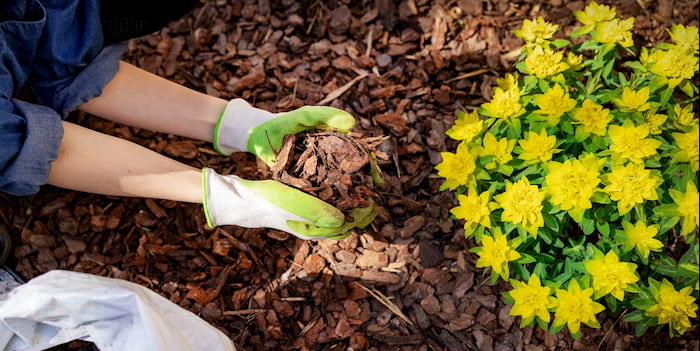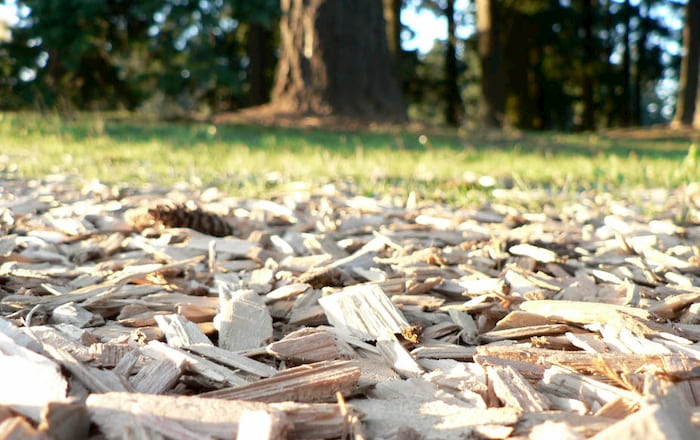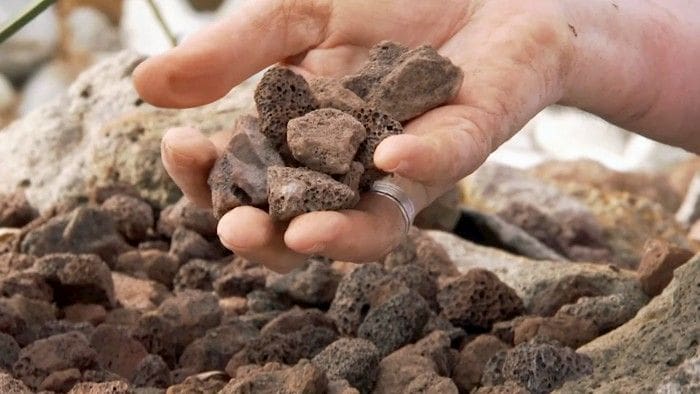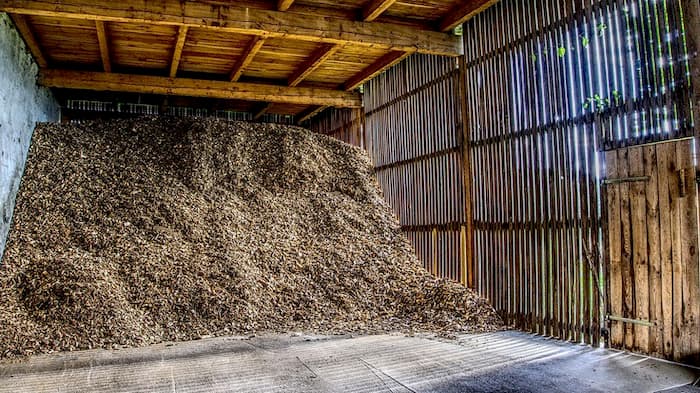What is Mulch?
Once you’ve planted your garden, you should keep the soil healthy and protected. Mulch is a layer of material, like decaying leaves, bark or compost applied to the soil’s surface, which helps to enrich or insulate the soil.
Benefits of Mulch
Mulch benefits the plants’ growth, mainly because of the physical processes occurring at ground surface. The first, and probably main reason, is that mulch prevents the soil from drying out, keeps it moist and reduces watering by around 60% to 75%. Also, mulch controls weed growth and weed seed germination and promotes soil microorganisms activity. By keeping the soil from splashing onto leaves, it prevents the risk of disease. Another benefit, especially for the cooler days, is that mulch moderates the soil’s temperature and keeps it warmer during the winter season.
Mulch needs to be applied properly and with a lot of care. Over-mulching can lead to suffocation of the plants, or cause the tree trunk to become diseased.

Source: goodhousekeeping.com
Types of Mulch
There are various types of mulches, both organic and inorganic. Main factors that may affect the choice of mulch are durability, nutritive properties and aesthetic appearance. Here are the most common types of mulch and their specifics.
1. Organic Mulch
Organic mulch naturally breaks down with time, that’s why you need to check on it on a regular basis and top up when necessary.
Straw – This is an excellent choice for vegetable gardens. It decomposes very fast, improves the soil and helps you grow your veggies easily.
Sugar Cane – This mulch is made from fried sugar can leaves, and not only that it stimulates helpful soil organisms, but also makes a beautiful finish in your garden beds.
Hardwood – This is the best choice for suppressing weeds. Wood mulch looks great in any garden and it decomposes over time, so you won’t need to replace it so often.
Wood chips – Similar to hardwood, this mulch provides effective weed control and adds to your garden’s charm. Black mulch is made of hardwood chips that are dyed with a carbon dye, absorbing the excess heat and protecting tender plants.

Source: theconversation.com
Leaves – You can gather all the leaves lying around the garden, shred them and use them as mulch. Turn the waste into a useful feature for your garden’s look!
Lucerne – As the soil breaks down, this mulch gives an extra nitrogen and is ideal for growing flowers, veggies and fruit trees.
Grass clippings – If you’ve always wanted to grow a thick green lawn, this mulch is the best choice. Once you’ve mowed the lawn, dry out the mulch and add over it.
Pine bark – With its dark colour, the pine mulch blends in easily in any garden and is the perfect choice for garden pots and beds.
2. Inorganic Mulch
This type doesn’t positively affect the soil’s fertility as organic mulch, but they’re very good soil insulators. Inorganic mulch doesn’t break down and lasts for a long time.
Gravel and pebbles – They offer beautiful design solutions, permanent and mostly recommended for foundation plants.
Black plastic – If you decide to use this mulch, bury it under the soil or otherwise it can break down due to the sunlight. It is most effective for controlling weed growth.
Landscape fabrics – Similar to plastic, but lets more air and water come through. If using it, add an extra of 6 to 8 cm organic mulch on the top.
There are many reasons for using mulch in your garden, but to ensure you get the best mulch, first determine the reasons for applying it. Once you know what your goal is and which improvements you’re hoping to make to your garden, you can choose your mulch accordingly.

Source: abc.net.au
What is Mulching Service?
Mulching is the practice of breaking down garden and land clearing waste using mulching machines, like chippers. The best thing about mulching service is that they can take out a tree and turn it into mulch for you. Also, they can assist you with processing green waste, wood chipping and spreading mulch in your tree and garden beds.
What is the Best Time for Mulching?
If you’ve been wondering what’s the best time for mulching your garden, the truth is that any time is better than never. Mulch can be spread at any time of the year. You put the first layer somewhere in mid-spring or mid-autumn, and then you can top up an existing mulch whenever needed.
Remember not to mulch too close to young or tender plants because it can cause mould issues as the organic material will decompose. In order to avoid bugs, you can use mulch made of melaleuca tree or cedar tree. They are packed with natural oils and chemicals that repel insects and termites away. Besides, they are good options for your landscape.
Prepare your garden trees and beds for winter by applying a thick layer of recycled wood mulch, or any other mulch of your choice. Remove weeds and clean up the beds before spreading the mulch. Winter mulch is not supposed to stay in place all year round, so you need to take away the excess mulch when you see new growth coming out.

Source: travstrees.com.au
Storing Mulch
The most important thing for proper storing of mulch is to keep it dry the entire time. If the mulch is dry, then you can store it in trash bags or cans. But, if it’s not dry yet, the best option is to pile it up and turn it frequently until it’s completely dry and you can store it as recommended.
Recycle Your Organic Waste
In most Australian towns and cities, the local council has a recycle system where you take your green waste for recycling. You can put your excess lawn clippings and tree cuttings into compost and then put them out to be collected for recycling.












